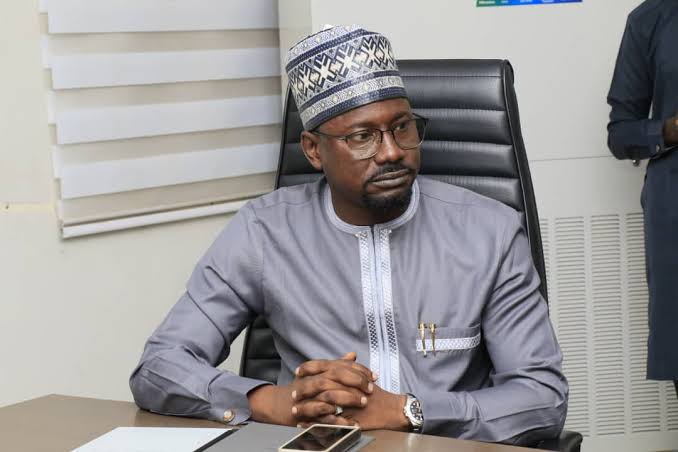News
Nigeria Targets Local Solar Panel Production to Cut N200bn Import Bill
In a bold move to boost local solar panel production and reduce reliance on imports, the Federal Government has reiterated its commitment to ending the importation of photovoltaic (PV) solar panels, which has so far cost the country over N200 billion.

Speaking at a roundtable meeting in Victoria Island, Lagos, the Managing Director/CEO of the Rural Electrification Agency (REA), Abba Aliyu, revealed that efforts are in motion to transform Nigeria into a hub for renewable energy equipment manufacturing.
The meeting, which also saw the signing of a Memorandum of Understanding (MoU) between the REA and the Lagos State Government, was aimed at improving rural electrification across communities in Lagos.
liyu noted that while the need for imports still exists, Nigeria must prioritize homegrown solutions. “Over N200 billion has been spent on the importation of PV panels into the country.
While there is still a need for some level of importation, our agency is pushing hard to domesticate the manufacturing of renewable energy equipment,” he said.
He described Lagos as the ideal state to lead the charge. “Lagos, being the centre of excellence, is going to lead a total war in that domestication effort,” Aliyu emphasized.
The REA boss also highlighted progress already being made in this direction. He noted the establishment of a PV panel assembly plant in Ikotun, Lagos, which initially had a capacity of 10 megawatts. Thanks to support from the agency, the plant has now scaled up its capacity by an additional 100 megawatts.
Further strengthening Nigeria’s renewable energy sector, Aliyu announced that the REA is currently finalizing a joint development agreement with Green World to establish a lithium battery assembly facility in Lagos.
The deal, he said, represents a $150 million investment and signals confidence in the country’s manufacturing potential.
In support of the agency’s vision, Minister of Science and Technology, Uche Nnaji, reaffirmed the government’s position to prioritize local manufacturing.
He referenced the role of the National Agency for Science and Engineering Infrastructure (NASENI), which already operates a solar panel production plant.
“With NASENI here, we have the ability to produce solar panels locally. The factory is already operational, and other private players are also joining the production line. Through our Presidential Executive Order No. 5, we intend to halt the importation of solar panels and strengthen our local industries,” Nnaji said.
READ ALSO: Lagos High Court Judge, Justice Ganiyu Safari, Dies at 62
However, the proposal to ban solar panel imports has drawn criticism from the Renewable Energy Association of Nigeria (REAN). The group warned that while the push for local solar panel production is commendable, it must be approached cautiously to avoid disrupting the sector’s growth
“Solar energy has become a beacon of hope for millions of Nigerians still disconnected from the national power grid,” the association noted in a statement.
“From powering homes and schools to running hospitals and businesses, solar energy has fueled progress across the country. A sudden ban on imports without first building adequate local capacity could reverse these gains.”
Industry experts and stakeholders are calling for a balanced strategy that allows both local manufacturing to thrive and ensures uninterrupted supply of solar solutions for end users.
According to them, the key lies in a phased approach that encourages investment in domestic production while maintaining access to high-quality components from abroad in the short term.
JOIN THE CONVERSATION→ Telegram | X/Twitter | Facebook | WhatsApp|WhatsApp Channel|Mobile App|Instagram











